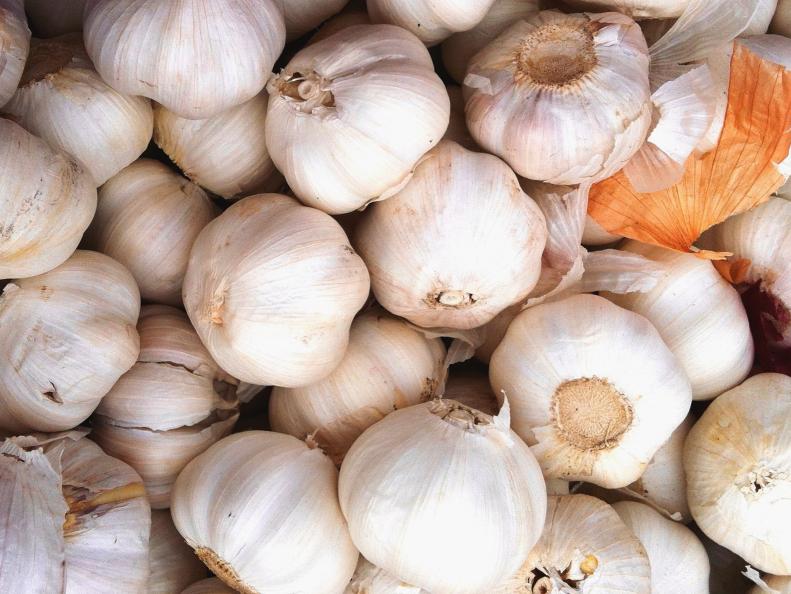One of the main components of cardiovascular disease and a risk factor for heart attack and stroke is atherosclerosis, which happens when fat deposits in artery walls oxidize, becoming sticky plaques that can narrow the artery and restrict blood flow to the heart. Antioxidant compounds found in strawberries known as ellagic acid, anthocyanin, catechin and quercetin are cardioprotective, and help to inhibit the oxidation of these fat deposits, slowing the rate at which they become plaque and cause damage to arteries. Enjoy a quick strawberry jam by simmering 1 pound of chopped berries until soft, then gently break apart with a fork and stir in 2 teaspoons of raw honey. Store sealed in the refrigerator and use within 1 week.









